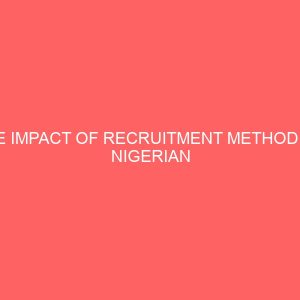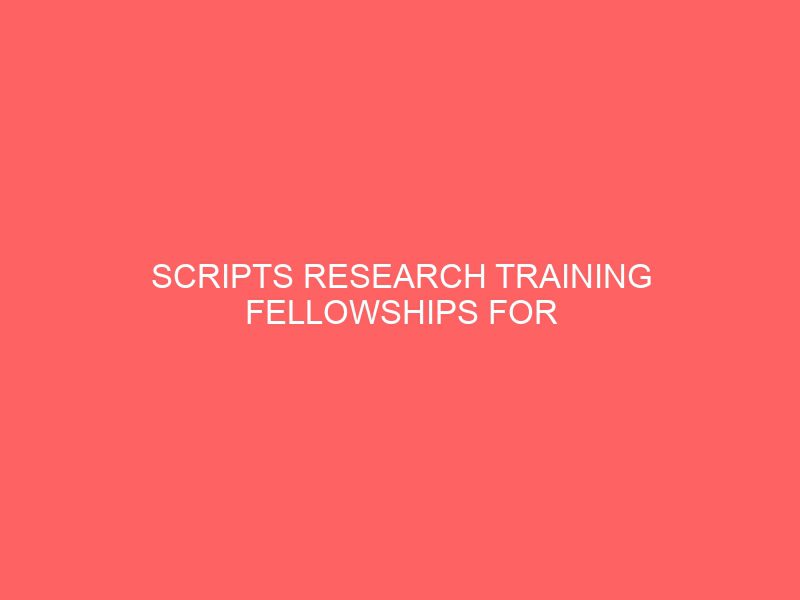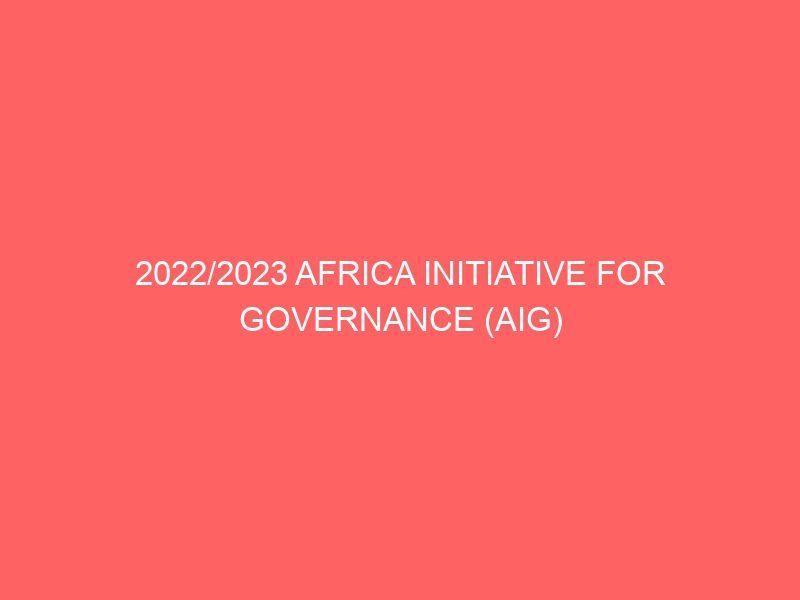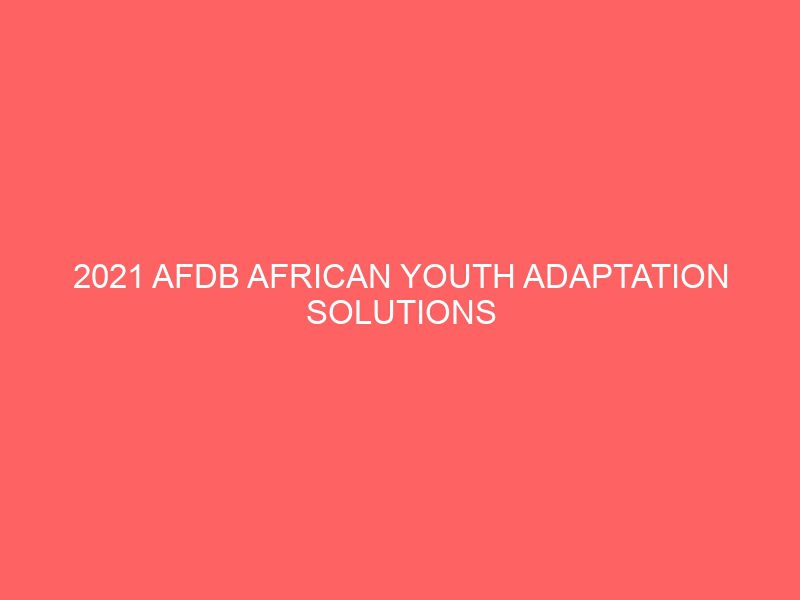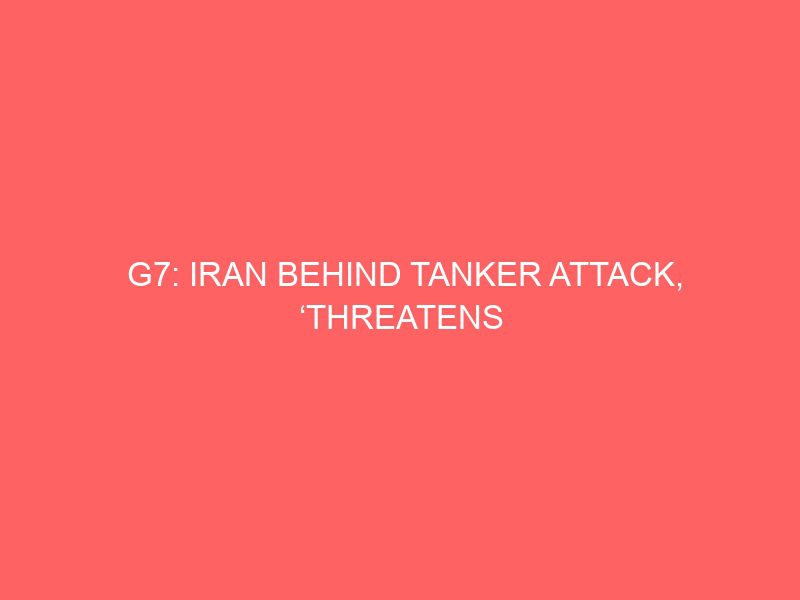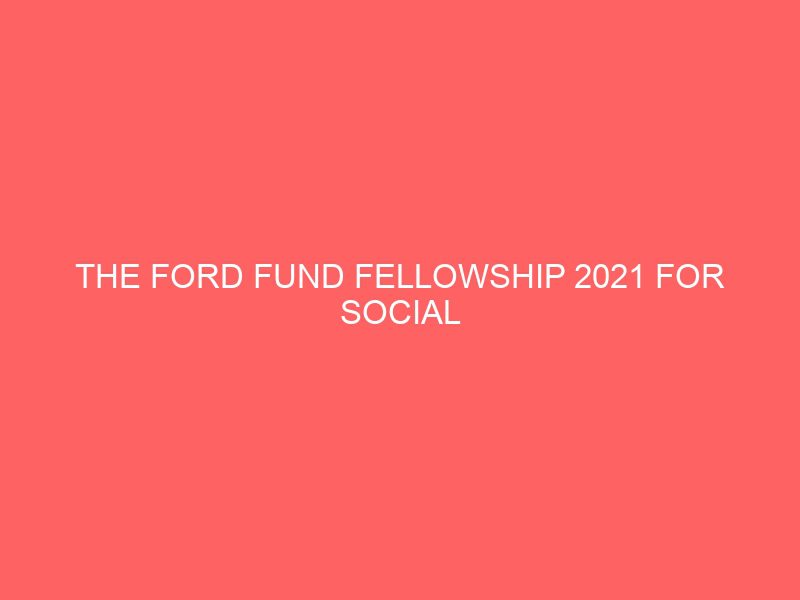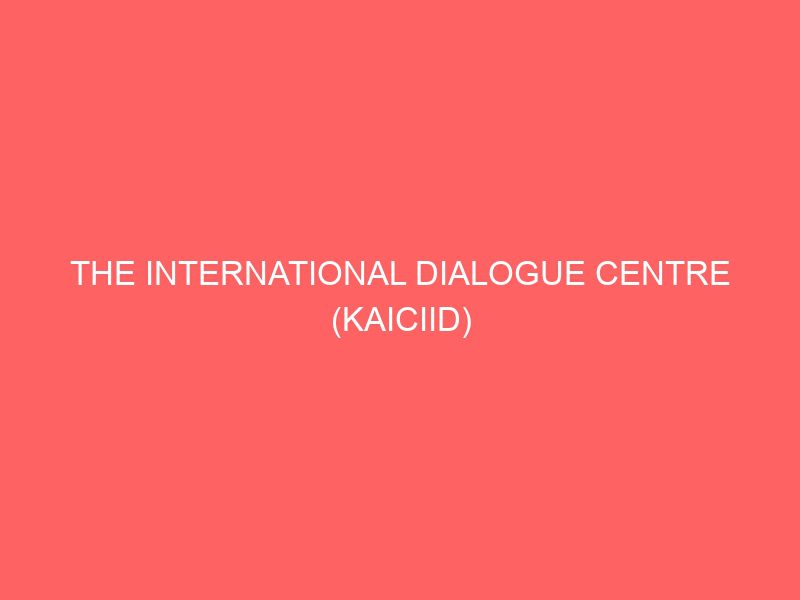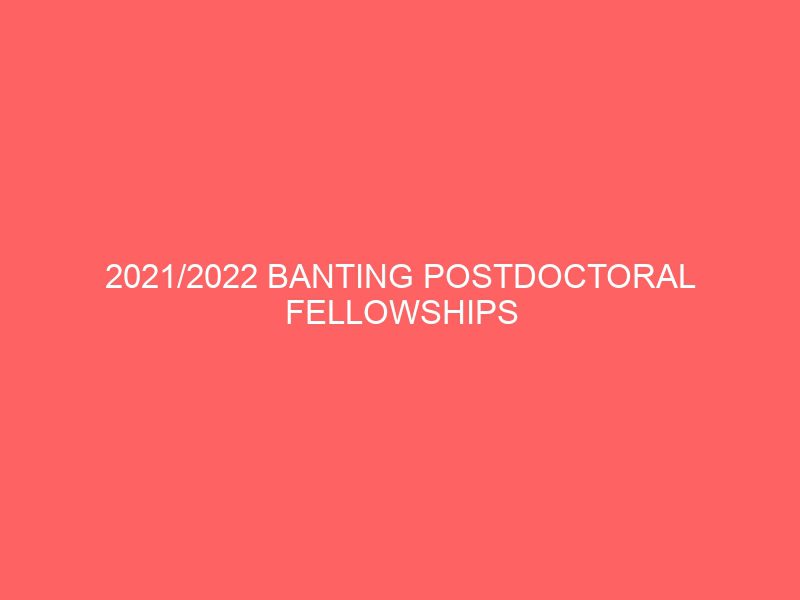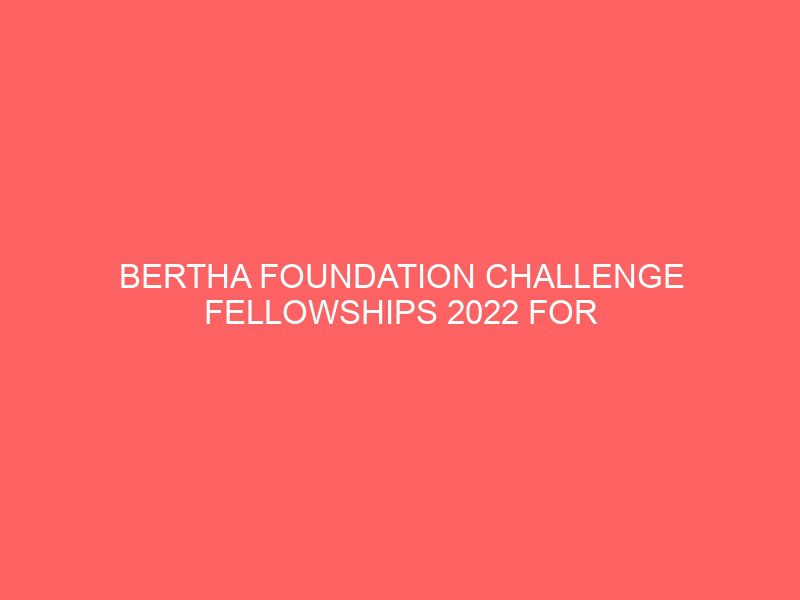SCRIPTS Research Training Fellowships for international PhD students ( €1500 Monthly Stipend)
SCRIPTS launches its visiting program for international guest doctoral researchers, starting in the first trimester of 2022. The call is open from 15 September to 15 November 2021. PhD students who are enrolled in academic institutions in the Global South (Latin America, Asia, Africa and Oceania), especially from SCRIPTS partner universities, are strongly encouraged to apply.
The research training fellowship program is meant as a visiting fellowship and addressed to early career researchers. Interested applicants must already be enrolled in a PhD program from an academic institution in the Global South and their enrolment must be valid throughout the fellowship. Ideally, the fellowship at SCRIPTS should take place during the main part of the doctoral program, neither at the very beginning nor at the end of it. The aim of the training fellowship is to improve the theoretical and methodological capacities (methods courses and counselling) of the fellows. The program offers mentorship, a tailored course program and intellectual engagements with peers.
Funding
The duration of the fellowship is maximum 12 months, paid in monthly rates of €1500 (travel and relocation expenses included).
Application
To apply, you must submit the following documents:
- CV
- Motivation letter explaining the fit with SCRIPTS
- 1-page explaining why SCRIPTS would be the optimal place to receive training, including a suggestion of how you would fit with the cluster’s agenda and who could mentor your project
- 1-page statement about what kind of training you need and how you intend to get it within SCRIPTS
- 3-page outline of your PhD thesis
SCRIPTS is seeking to increase the proportion of women in research and teaching, and specifically encourages qualified female scholars to apply. Severely disabled applicants with equivalent qualifications will be given preferential consideration. People with an immigration background are specifically encouraged to apply.
Deadline for Applications: All applicants are required to apply until November 15, 2021. Successful candidates will be informed in mid-December 2022. Please submit your application sending all the required documents to the email address: [email protected]
More information about SCRIPTS and the fellowship in the attached PDF.
For further question please contact Dr. Isabel Winnwa, [email protected].
Application Deadline: November 15th 2021
For More Information:




